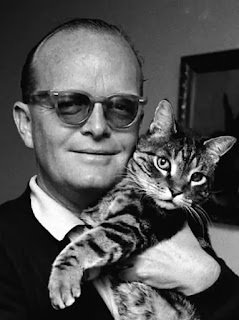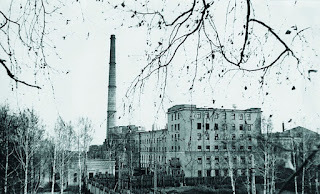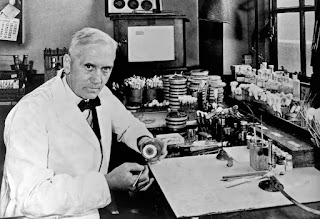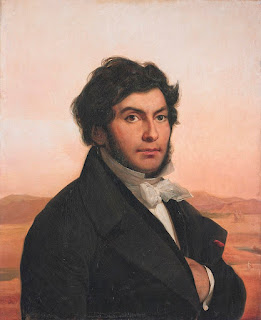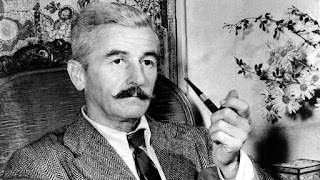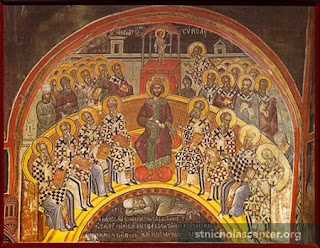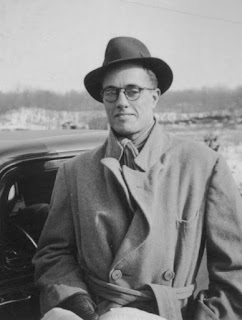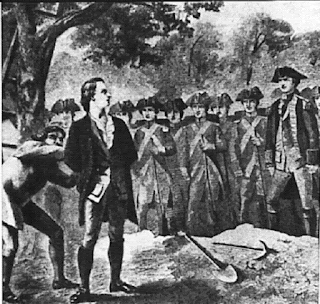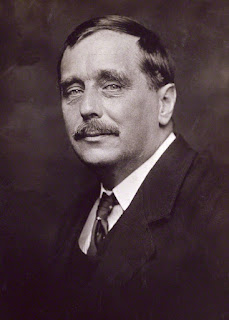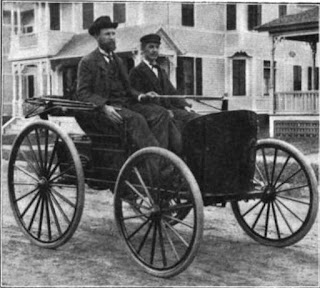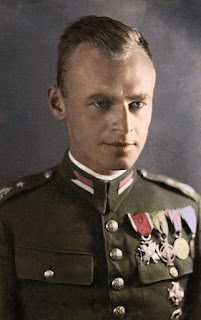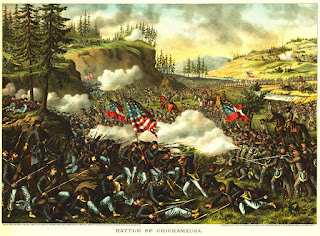The Magic of Yosemite: Nature's Timeless Masterpiece
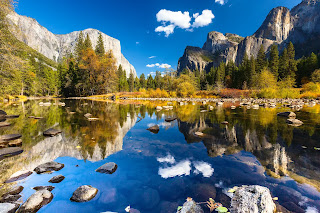
Nestled within the heart of California, the majestic Yosemite National Park unfurls its grandeur like a scene straight out of a fairy tale. Spanning a staggering 1,187 square miles, it's a vast wonderland filled with natural spectacles and stories as old as time. At first glance, one is quickly spellbound by El Capitan, a granite giant standing tall, almost touching the skies. It’s not just a rock formation; it's a rite of passage for rock climbers. Many have dared to scale its sheer face, seeking the thrill of ascent and the solace found in its formidable shadow. However, El Capitan isn't Yosemite's only star. With its peculiar rounded shape, Half Dome stands like a sentinel, watching over the valley. Hikers worldwide take on the challenging trail leading to its summit, rewarded with a view that seems like Earth is unveiling its secrets. Waterfalls cascade with a grace and might that leave spectators in awe. Yosemite Falls, dropping a mind-boggling 2,425 feet, tr
